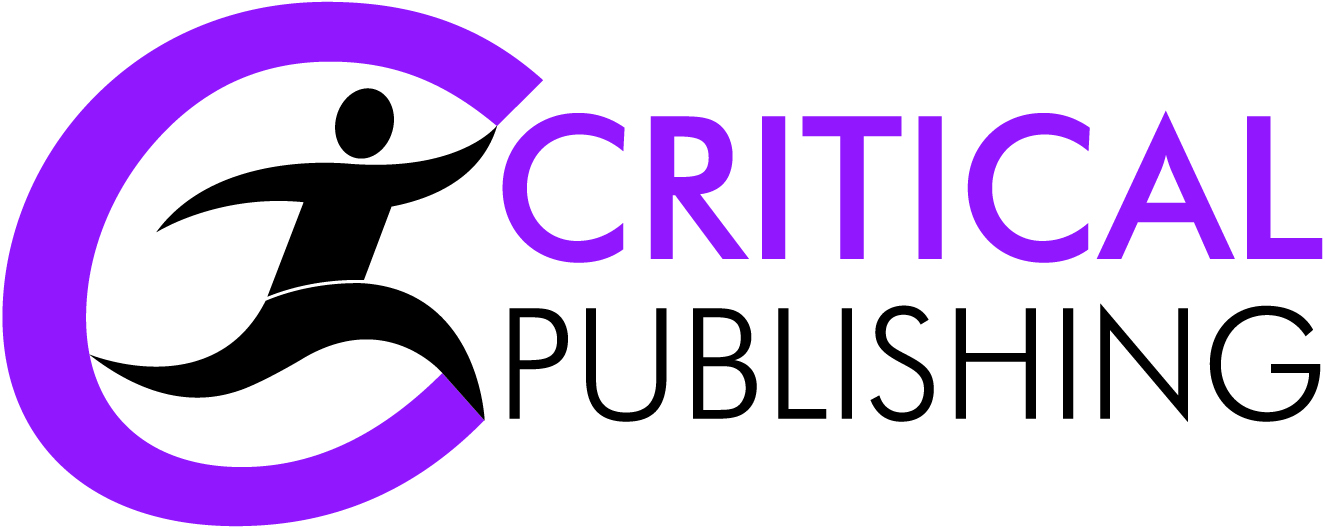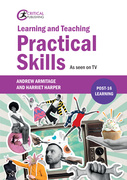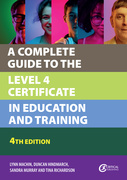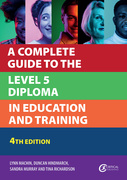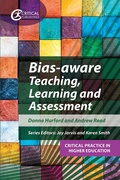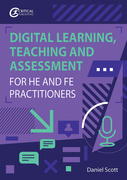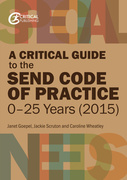
Recommend this title
Review this book
Tags: Further Education, Teacher Educators
Discounts are available for bulk orders. More details
Post Compulsory Teacher Educators: Connecting Professionals
AUTHOR : By Jim Crawley Series edited by Ian Menter
ISBN : 9781910391860
Publication : Oct 10, 2016
Extent : 80 pgs
Description
This book provides a call to action for post-compulsory teacher education professionals, both in the UK and internationally, to unite around key principles and practices. The professional, educational and funding turbulence experienced by post-compulsory teacher education since 2008 has been significant. Austerity… [MORE]
Contents
1) Becoming visible: introducing the ‘invisible educators’
2) Teacher Educators: the ‘even more’ quality
3) The filling in the educational sandwich: the context of Post Compulsory Education
4) The history and development of Post Compulsory… [MORE]
Author
Jim Crawley a senior lecturer in education studies and a Teaching Fellow at Bath Spa University. He has over 35 years’ teaching experience, including teacher education, basic skills and adult and community learning. He co-ordinated post-compulsory teacher education at Bath Spa University for 12 years, gaining two… [MORE]
Publication Overview
Availability: Available
Your Reviews on this book
The text offers a wide range of suggestions and ideas for educators engaging in post compulsory education. It touches on the fact that this sector is often a ‘forgotten’ area and more needs to be done to develop colleagues within this area. The text offers a wide range of practical advice, guidance and models of good practice. It is accessible, engaging and allows the busy practitioner an opportunity to develop core skills in a succinct and thoughtful way. It is a compact read filled with helpful support and an insightful chapter on ‘[e]nacting teacher education values, by Dr Vicky Duckworth. The text makes clear links to theory and specific advice on how to address core issues.
